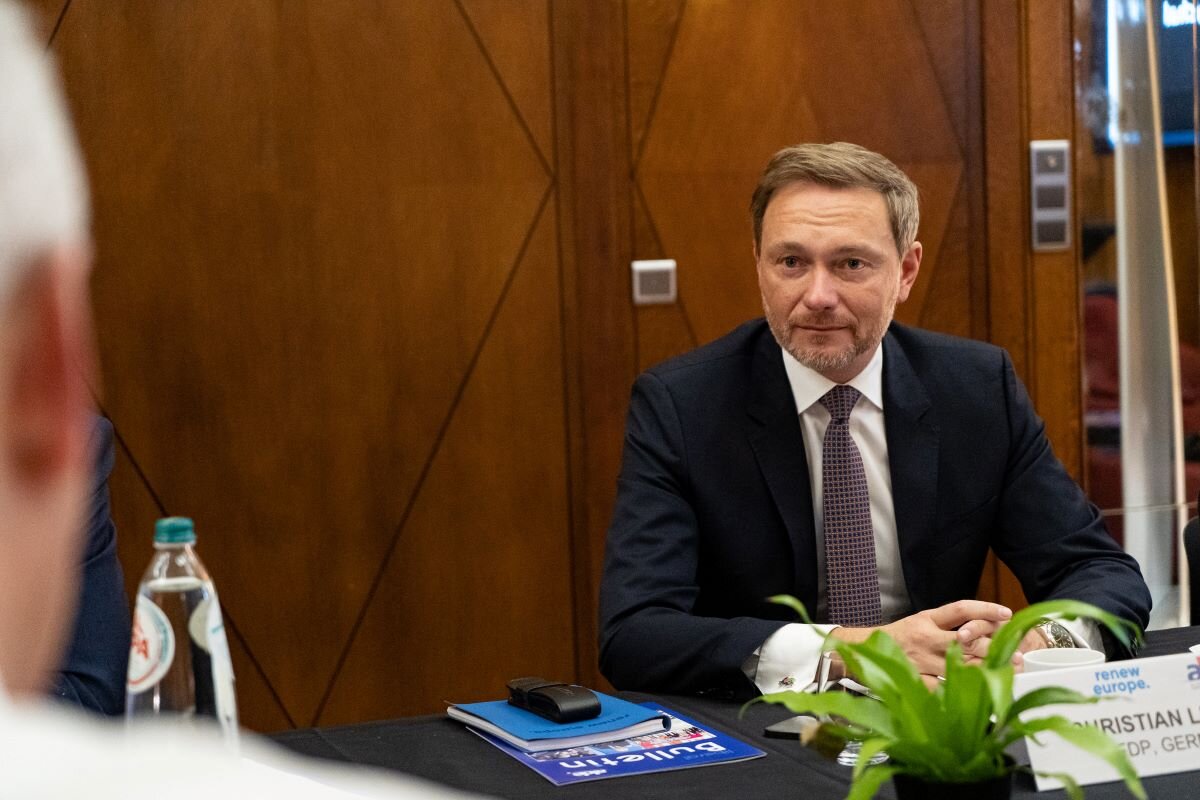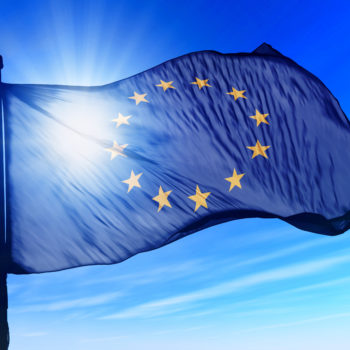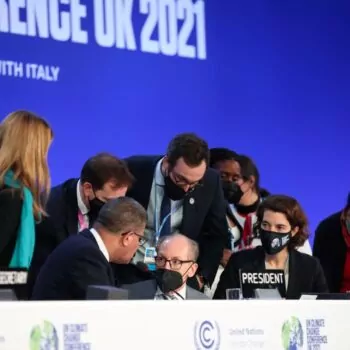This year, eyes are turning to German Finance Minister Christian Lindner, the self-proclaimed friendly hawk in the economic sky. It’s going to be an interesting year – Lindner is running his own country’s economy. His own country is running G7 in 2022. And the world economy, let’s say, is not exactly running at all.
At the one level, of course, some economies are doing very well. Germany and the EU have made a good recovery on the back of public funding and a strong response to COVID-19. Optimistically, this is the perfect chance to launch a digital, green, net zero rebound.
But looking more widely, the world’s economy is in a weak position for this great rebound. By extension, this means that so is Europe’s economy, and so is Germany’s. Persuading the G7 major economies, particularly their finance ministers, to recognise and deal with this will be quite some task.
Tense geopolitics
It starts, as economic issues usually do, with the underlying (geo)politics. The geopolitical ground is shaky to help the world economy transition to net zero. The German G7 priorities for 2022 acknowledge this by flagging the ‘solidarity first’ message. This recognises that there is mainly a fundamental lack of trust between rich and poor countries, with drivers including the failure to deliver on vaccines and climate finance.
Meanwhile, ongoing tension between economic superpowers China, the US and the EU threatens broader agreements on trade and economic cooperation in areas such as development and regulation. This is further exacerbated by acute geopolitical risks. It is the case of EU’s eastern neighbourhood, where war could bring economic disaster and disrupt energy and food supplies.
Debt increase
An increase in debt is worsening this situation, as the world has borrowed much money over the COVID-19 crisis. Most of this was done very sensibly to maintain the very fabric of the world economy. However, it adds to existing debt.
The G20’s Debt Service Suspension Initiative (DSSI), launched in May 2020 to allow countries struggling with both debt and Covid-19 to suspend debt repayments, has in practice done little to help this. Germany, along with Indonesia at the G20, will have to deal with this continued overhang of historic and Covid-induced debt.
Infrastructure gap
This also impacts the huge infrastructure gap that the global economy faces. As China’s Belt and Road Initiative, the US’s Build Back Better for the world, and now the EU’s Global Gateway all show, the world needs infrastructure. Some for the green transition, but there is plenty more needed for the overall goals of sustainable development. Heavily indebted countries are not in a good position to address the infrastructure deficit. Nor are countries with limited ability to raise funding locally. Indeed even rich countries may be constrained by their ability to increase revenue. That is why global tax reform remains high on the agenda for G7 leaders and finance ministers in 2022.
Inflation
Inflation is back. It might only be back for a short visit, but the last time it totally overstayed its welcome, so it’s not unreasonable to be cautious. There are foolish narratives linking this to climate policy (see this E3G paper on the context, and this one on more sensible solutions). But it certainly brings its own uncertainties.
Governments will need a mix of monetary and fiscal policy to ensure the recovery doesn’t die before getting going. This means that Finance Ministers will have to be more willing to deploy fiscal policies to address inflation than has been the case in the recent past. Moreover, it is why the German Finance Minister will have to look very carefully at the urgency of reforming the EU’s own Stability & Growth Pact so that the EU can maintain its recovery and green transition.
Trade
Current inflation is also linked to trade because it is caused, in part, by trade bottlenecks. But in the current post-pandemic situation – indeed, in the case of the EU and the US, pre-pandemic – there has been the making of pushback against trade. The increase in inequality due to the pandemic, highlighted by parties as diverse as the IMF, the World Bank, VoxEU and The Conversation, may have exacerbated this pre-existing tension. In this context, the German G7 approach to the so-called “Climate Clubs“ (hopefully not some kind of unpleasantly exclusive club!) is an interesting approach to finding ways of neutralising some of the risks around economies (think the EU) adopting progressive climate policies.
So it’s a tough context, but with some real opportunities to grasp. Here’s hoping you have a good year, Mr Lindner.
This article was released as part of E3G’s February 2022 newsletter, Climate diplomacy in 2022: shaping the rhythm of delivery. Subscribe to future E3G newsletters here.


